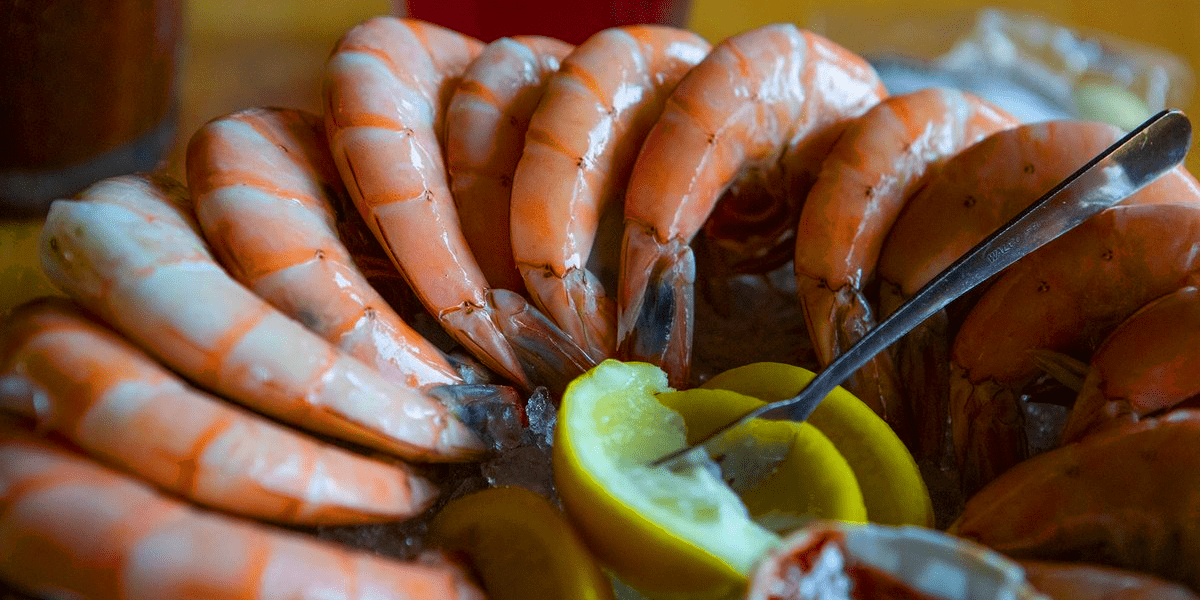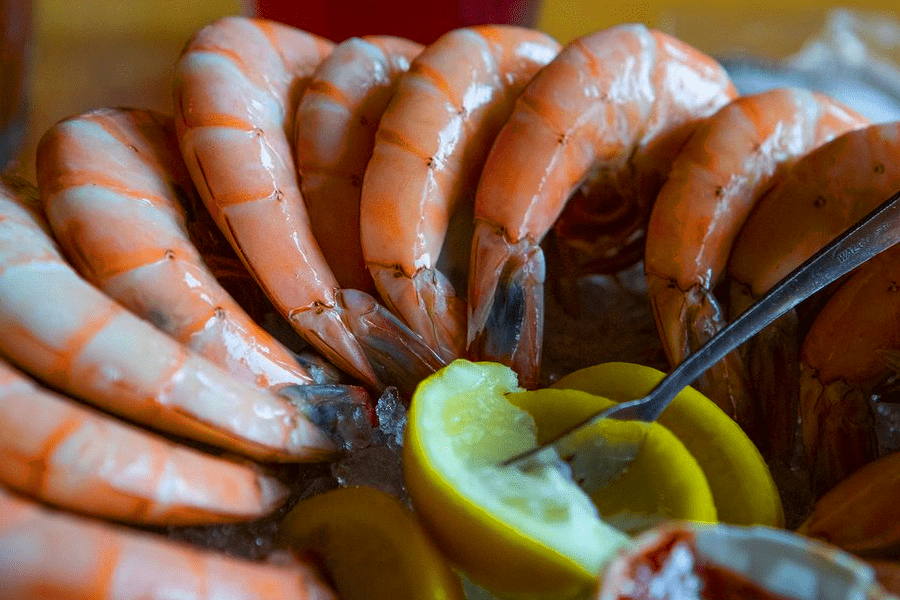Enhanced Traceability
Activated consumers want to know more about seafood sourcing.
Globalization has created an international food trade that is complex and often opaque. Today's consumer is left exposed to a vast array of blindspots which makes it nearly impossible to address food safety concerns, prove legal origin, ensure accurate labelling or verify sustainability. These are the issues which weigh heaviest on the industry as consumers, investors, regulators and even media view traceability as essential to demonstrating how seafood has been ethically and responsibly sourced.
Aquaculture supply chains involve thousands of farms, processors, traders, logistics companies and wholesalers around the world — and nobody is immune to scrunity, sustainability or disruption.
Because healthy is tastier
Transparency defines how farm sourcing reaches every plate.
New Regulations
Agencies in a number of countries, including the United States, have implemented new rules designed to expand traceability for many types of food products like farmed and wild-caught seafood.
Consumer Preference
The demand for information at each seafood purchase is rising, and companies are increasingly making decisions which incorporate Environmental, Social and Governance (ESG) factors into the brand.
Supply Risks
With increased traceability, retailers and wholesalers can better understand supply chain relationships, verify that a product is ethically and sustainably sourced, avoiding operational and reputational risks.
Actionable Data
Better data means vastly better information for seafood operations. Traceability improves customer experience, streamlines production planning and helps farm facilities make data-driven decisions.
Despite the growing number of regulatory measures in place today, seafood fraud, serious labour injustices and environmental destruction have remained extensive across every food production sector — most notably in the seafood industry. Traceability has become an integral tool when verifying sustainable and responsible food quality processes, but barcodes and QR scanners alone will not put consumers, partners and investors at ease.
That's largely because today's consumer is driving a much different set of values. They share an awareness of how global food systems have the potential to be a lever for positive change and help restore nature by providing deeper levels of visibility into the environmental and social impacts embedded in every seafood product. That's precisely why we're making our brand easier to trace through digital tools which effectively open a window to our complete brand story.
The food traceability market is forecasted to reach $19.7 billion globally by 2022.
Stratistics MRC
When customers, retailers and wholesale suppliers can gain insight into the farm facilities, feed processes and supply chains that produce and transport their seafood, accountability is sure to follow. Our objective at King Prawn is to use traceability as a reliable means of driving improvement, to ensure accurate labeling and to fully demonstrate how our seafood products meet environmentally and socially responsible practices from our farms to every plate.
We must act now, together.
Product Specifications
Tasty, textured and supremely healthy. King Prawn is the perfect, cultured choice for restaurateurs and wholesalers alike. Our indoor reserves are sustainably nurtured and harvested for freshness and traceable quality.
Sustainably fresh seafood — bursting with texture, flavour and nutrients.
More about Compliance StandardsHow we use Cookies
We use them to improve your experience on our site. We're open and transparent about your time with us, and we don't engage in commercial requests for your information.
Accept & ContinueNeed to learn more? Privacy Policy and Cookie Policy

